About the Library
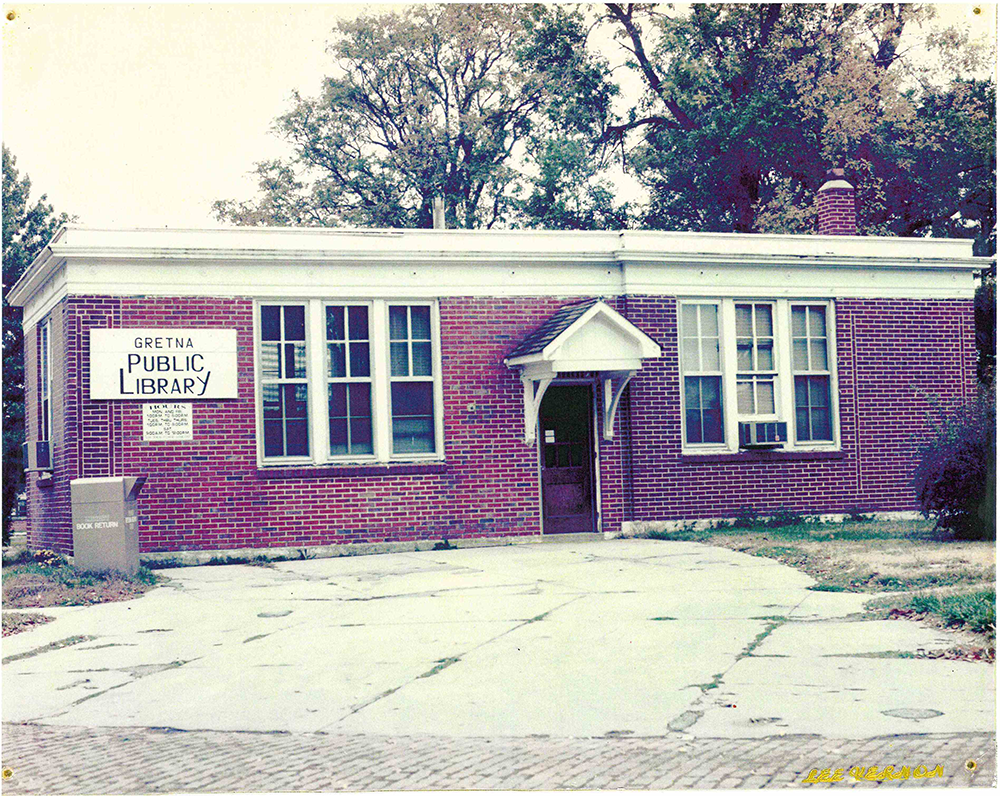
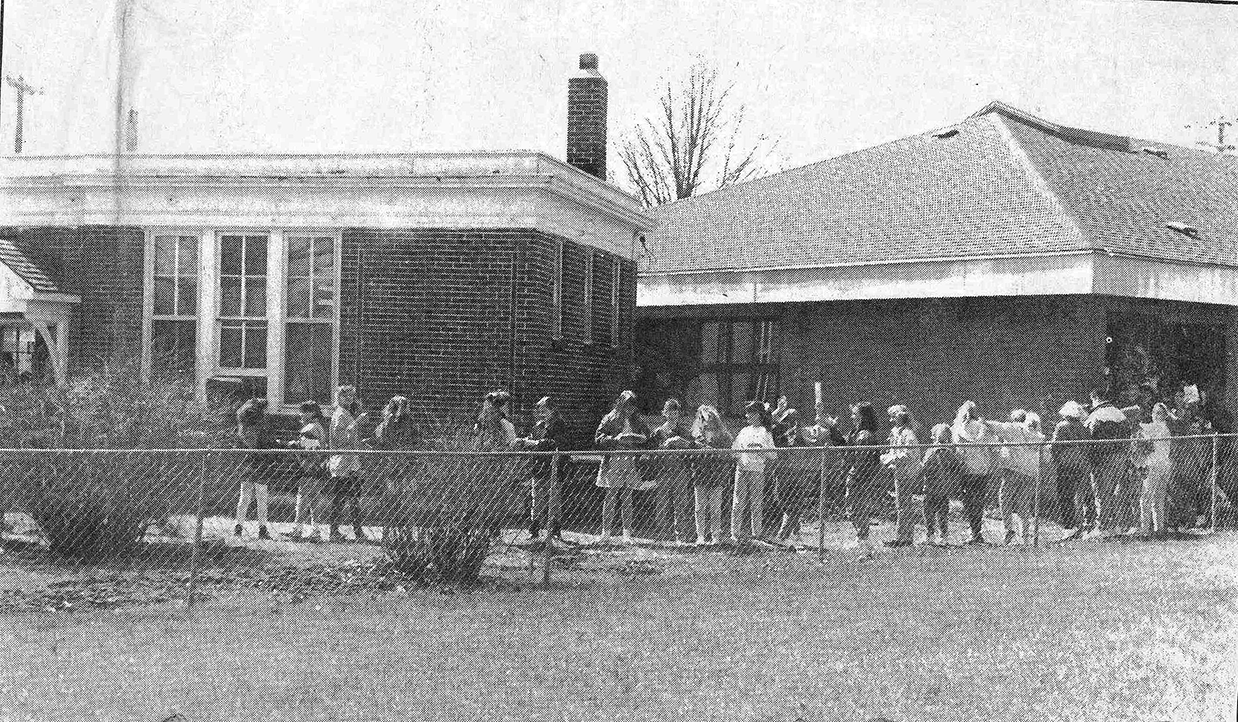
The Gretna Public Library got its start in a small section of the town’s fire barn. In 1929, the Women’s Club raised the money to purchase an old gas station and the Village Board officially established the Gretna Public Library. With just twelve books in its collection originally, the Library’s collection grew to 1,800 books by 1937 through donations by townspeople and from other clubs.
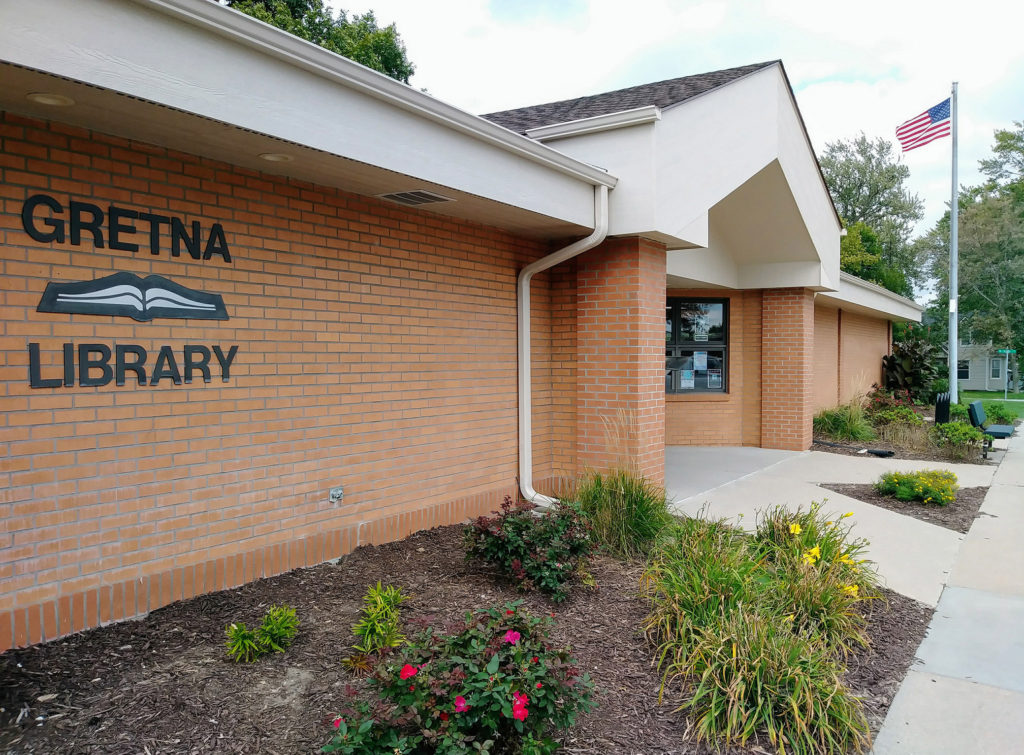
While the library’s interior continuously adjusted to utilize every inch of space, after over 20 years of service, the Library was hopelessly out of space. On March 31, 1981 there was a special election to vote on a bond issue for building a new library. The vote was defeated, and so on August 25, 1983, the Library Board formed the Library Foundation. The Foundation’s sole purpose was raising money for the new building. By 1991 they secured a $100,000 grant, and a new library building was built.
This building was the Gretna Public Library for twenty years, but once again, the Library ran out of space. Gretna’s fast-growing community again desperately needed a larger library to serve them. However, the funds were not available with the state of the economy to build one. The City of Gretna made a compromise: they would renovate an existing building three blocks from the current library to temporarily separate the Library into two buildings: the Gretna Children’s Library, which would contain the youth services collection, and the Main Library, which would serve adults and young adults.
The building on the corner of McKenna Avenue and Wallace Street was originally the Post Office in the 1960s. Years later, it became The Coin Emporium. When the owner wanted a new location, the City of Gretna bought it to become the new Children’s Library. Planning for the Children’s Library began on December 13th, 2010 and renovations began in August 2011. On February 21, 2012, the Gretna Children’s Library opened at 119 North McKenna Avenue, just three blocks from the Main Library.
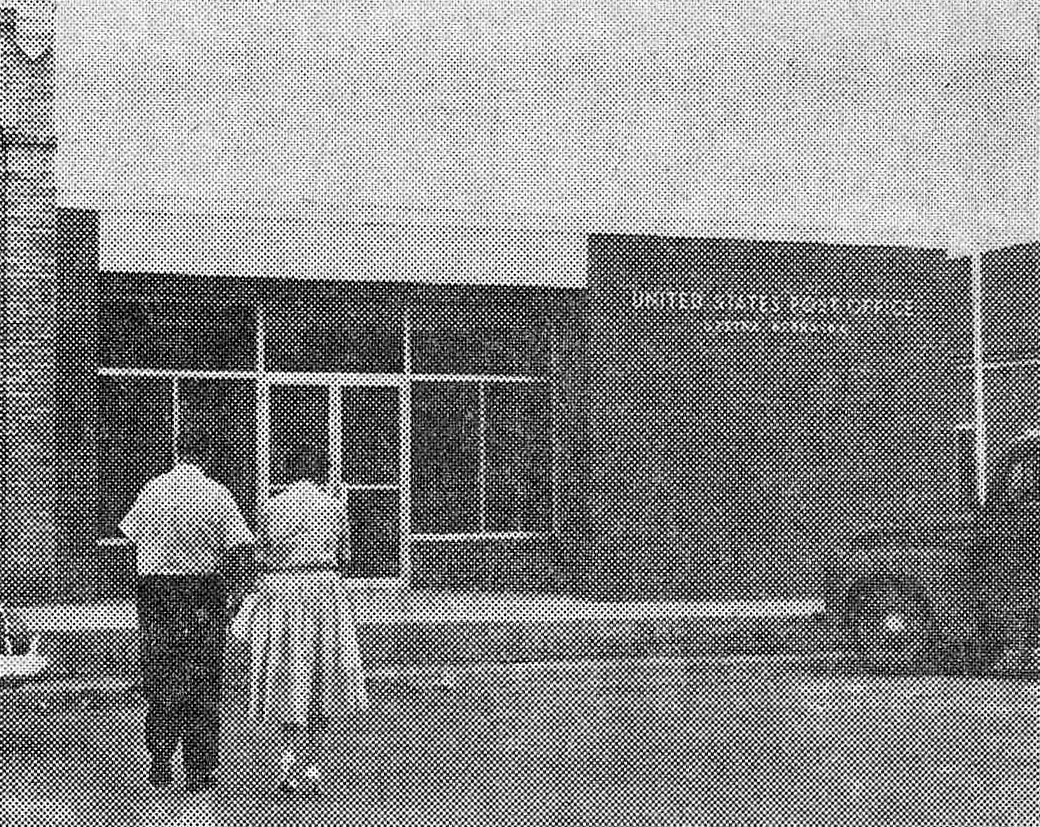
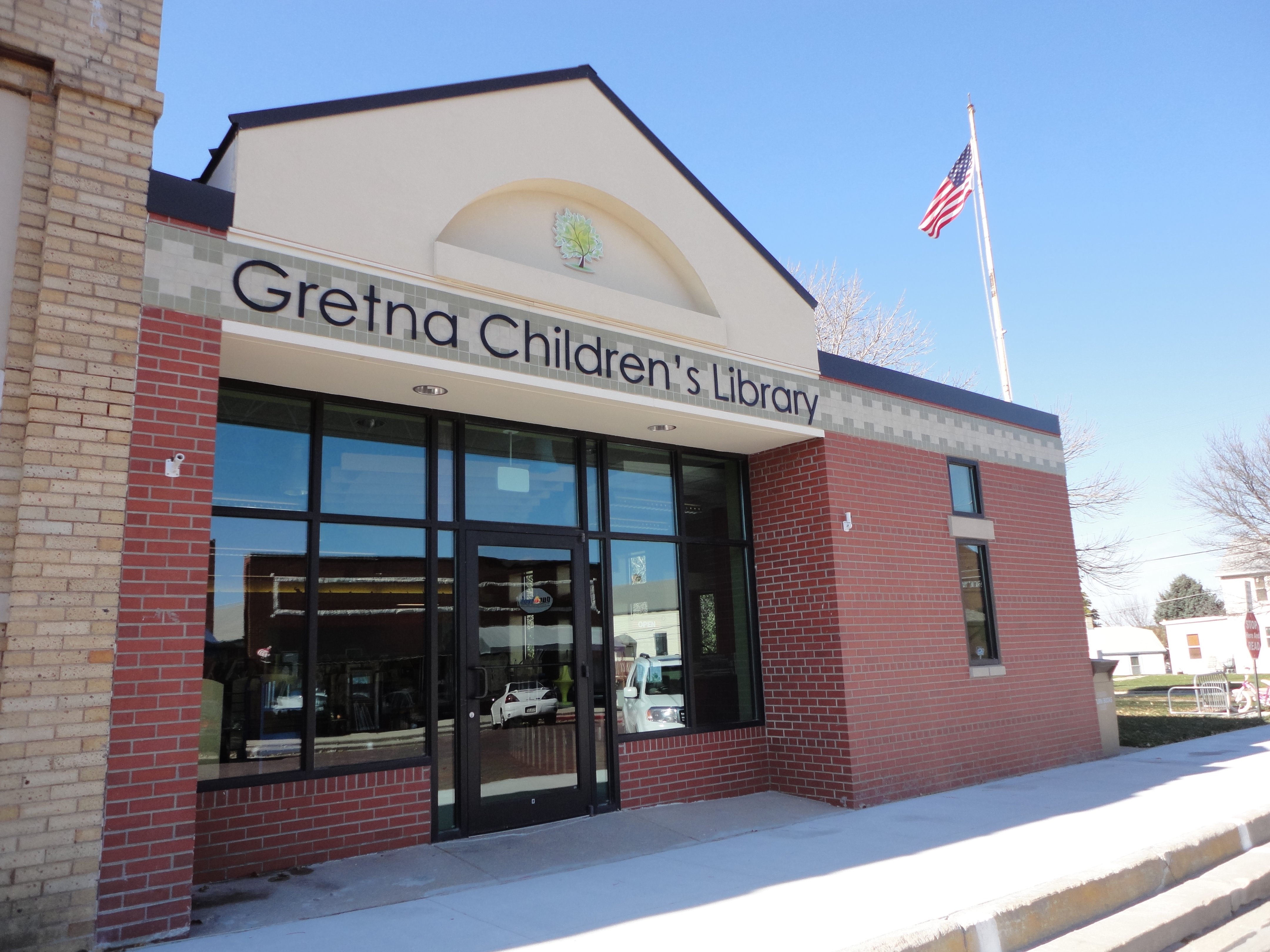
Like the community of Gretna, the Gretna Public Library is growing, but its purpose remains the same: to provide a place of life-long learning for its residents.
